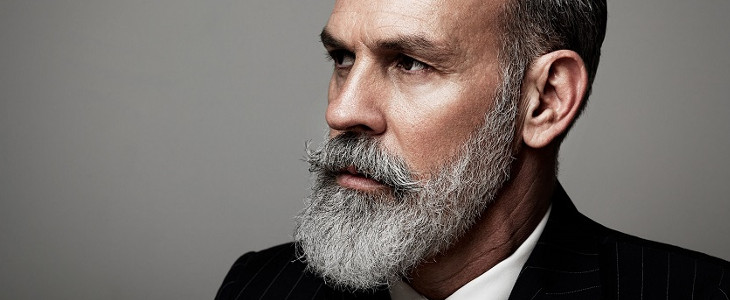2009 – China’s Pro-cigarette Smoking Tax
The People’s Republic of China is the world’s largest producer and consumer of tobacco. China produces 42% of the world’s cigarettes, has 350 million Chinese smokers, and smokes 33% of the world’s cigarettes. The annual taxes on Chinese cigarette sales amount to hundreds of billions of yuan, and account for 10% of government revenue.
In 2009, the Gong’an county government in Hubei province ordered its staff to puff their way through 230,000 packs of Hubei-produced cigarettes a year, or risk being fined. In addition, the Hubei province citizens were also ordered to smoke cigarettes or face a fine. Chen Nianzu, a member of the Gong’an cigarette market supervision team, said ‘the regulation will boost the local economy via the cigarette tax’. The government enacted the pro-cigarette smoking tax to gain revenue from cigarette taxes and encourage financial prosperity for China’s local cigarette makers.
Tax planning to avoid the pro-cigarette smoking tax was as simple as lighting up. As smoking is integrated into the fabric of Chinese society, the Hubei citizens didn’t need much encouragement to continue smoking. This tax has since been phased out.
As smoking kills over 1,000,000 Chinese per year, the government has begun implementing policies to reduce smoking. China has ratified the World Health Organisation Framework Convention on Tobacco Control, an international treaty intended to reduce tobacco-related disease and death. The treaty requires China to ban the advertising of tobacco, ban tobacco vending machines, and ban smoking in work places and public areas. To date, progress to reduce smoking in the country has been slow, with over 60% of male doctors still smoking.
"You’d be stupid not to try to cut your tax bill and those that don’t are stupid in business"
- Bono: U2





